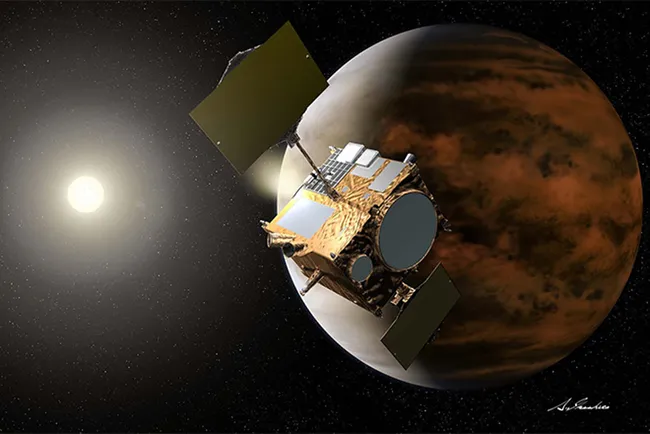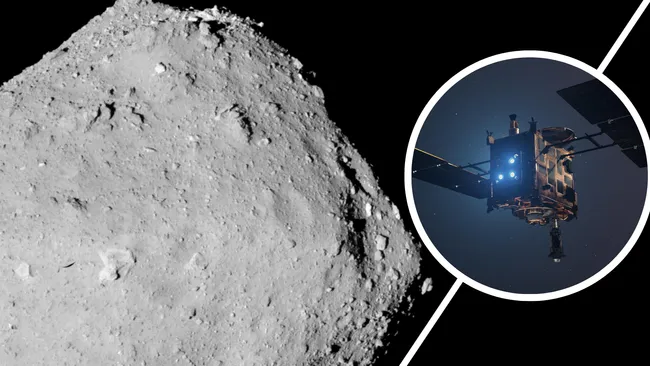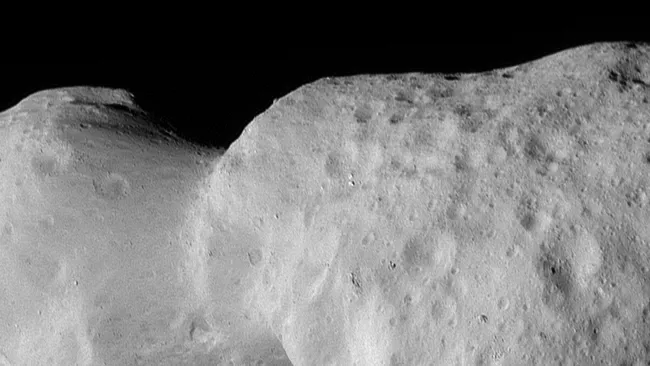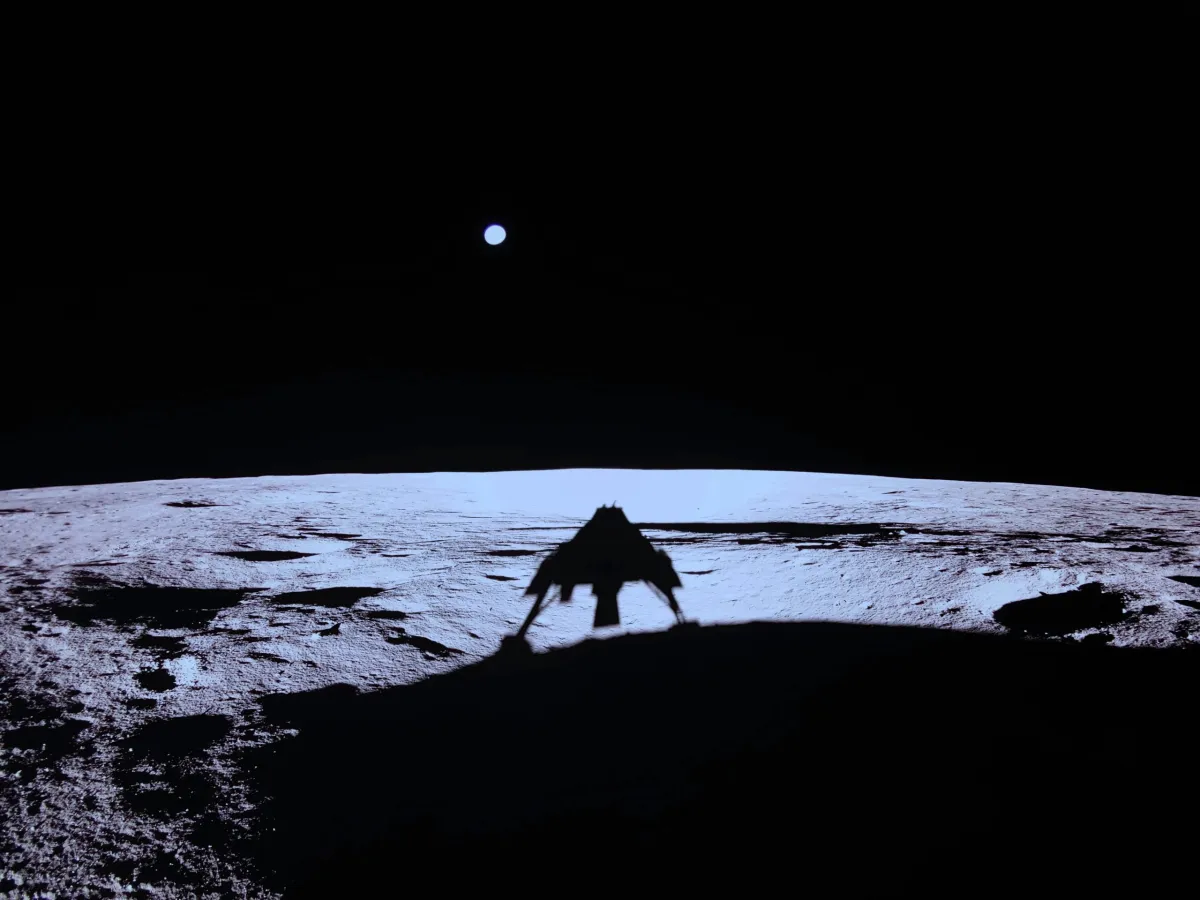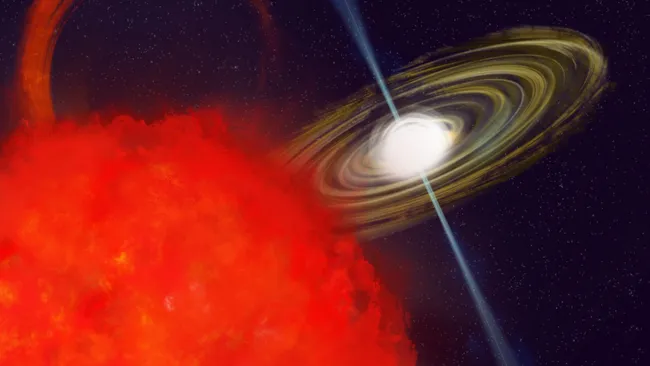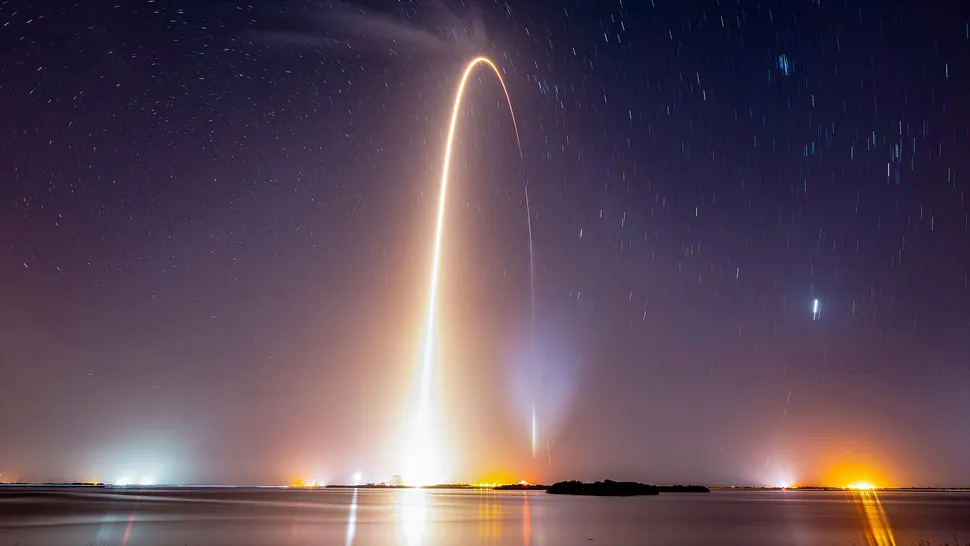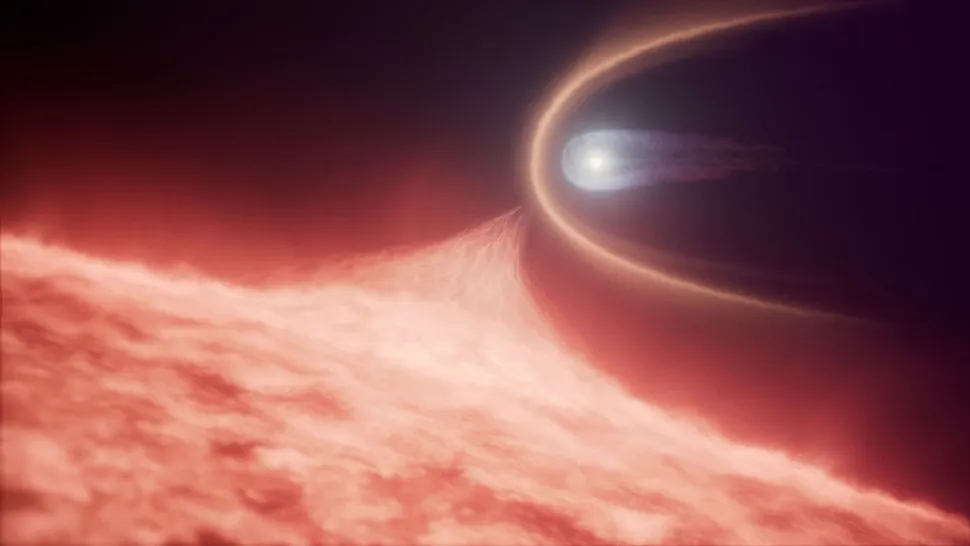Humanity’s last active spacecraft at Venus has officially fallen silent as Akatsuki declared dead by JAXA. The agency confirmed the end of the Venus Climate Orbiter after more than a year without communication. This marks the end of humanity’s only active Venus mission.
Akatsuki launched in 2010 with a 4.5-year design life yet survived three times longer. The spacecraft missed its initial Venus orbit insertion due to engine failure, but engineers used attitude thrusters for a second attempt in 2015. That maneuver redefined mission resilience. Akatsuki declared dead despite its legacy.
The mission produced 178 scientific papers and shed light on Venus’ extreme climate. Akatsuki observed the super-rotating atmosphere, where winds move 60 times faster than the planet’s rotation. Data suggested solar heating drives atmospheric acceleration, informing theories on tidally locked exoplanet habitability.
Two infrared cameras failed after one year in orbit, but the remaining instruments operated until contact was lost in May 2024. Akatsuki also detected a gravity-wave-like bow structure in Venus’ clouds linked to surface mountains. With Akatsuki declared dead, Venus science now depends on upcoming missions.
NASA plans DAVINCI to dive into Venus’ atmosphere and VERITAS to map surface and interior, while ESA prepares EnVision. Yet funding for DAVINCI and VERITAS faces risk under a proposed budget cut. The future of Venus exploration hangs on political decisions during the ongoing U.S. government shutdown.

